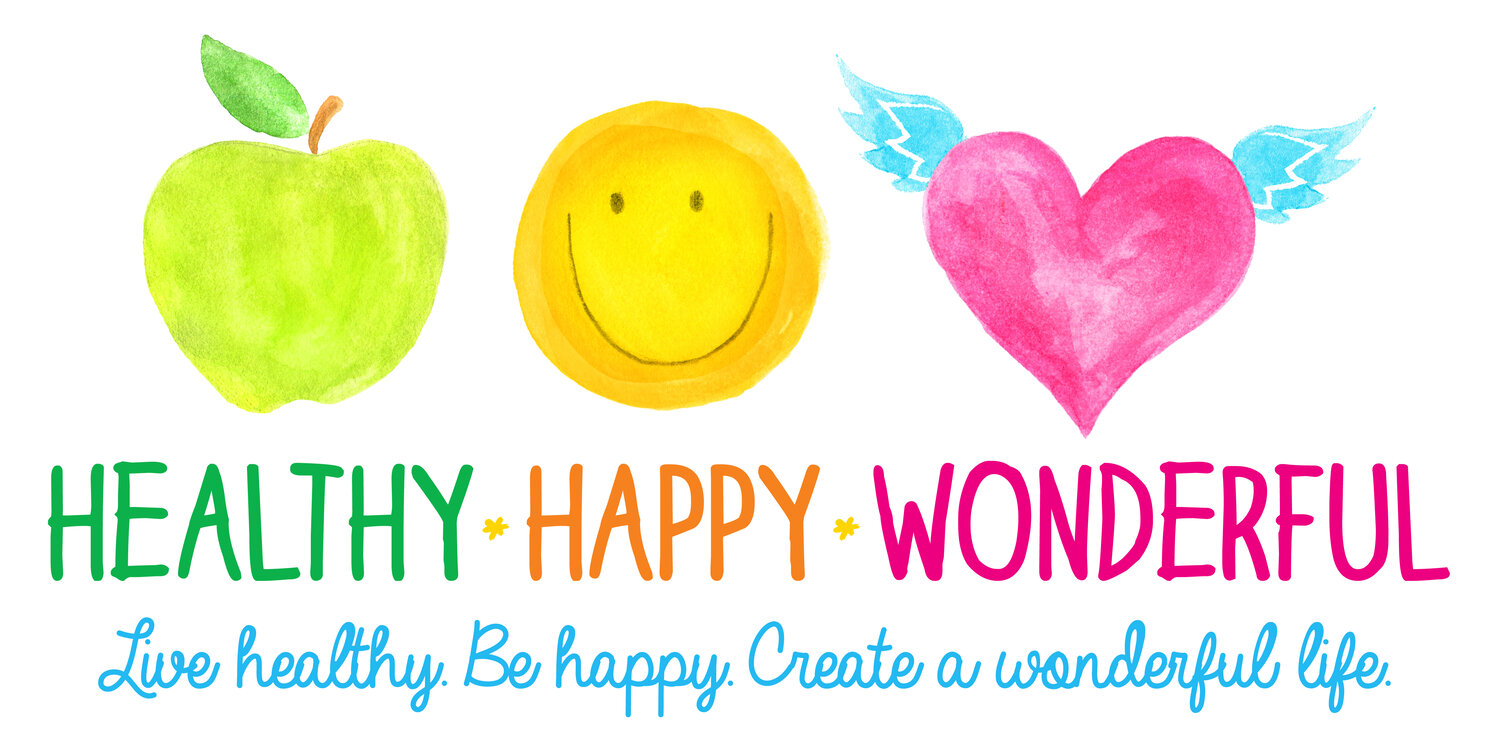Hara Hatchi Bu
/Hara Hatchi Bu: Eat until you are 80% full!
A few weeks ago I wrote about Overnutrition, a term that has not yet woven its way into the lexicon of the wellness blogger set, but which is everywhere in the peer-reviewed scientific literature. If you haven’t already seen it, I encourage you to CLICK HERE to get up to speed. You see, overutrition (or consuming more food in a sitting than our body can effectively deal with) has been associated with not only obesity, but also metabolic syndrome, inflammation, type 2 diabetes and cardiovascular disease.
So, one of the most effective things we can do is to learn how to eat in accordance with our body’s needs, and not allow ourselves to drift into overnutrition.
And this brings me to Hara Hatchi Bu!
This is a Japanese term, which roughly translates to “eat until you are 80% full”.
Hara Hatchi Bu has traditionally been practiced by the Okinawans, a society that came to fame in Dan Buettner’s study of Blue Zones - those areas of the world with the highest proportion of people who live to 100. Practising Hara Hatchi Bu has been identified as one factor which has kept Okinawan’s BMI’s low, and contributed to their longevity.
And that’s a great rule of thumb!
We are faced with an overabundance of food choices, and a processed food industry that invests heavily in enticing us to eat more, more, MORE.
If you are in the habit of eating until you are stuffed, then it is likely you are pushing yourself into overnutriton. Practising Hasa Hatchi Bu is a great way to keep yourself out of nutrition and avoid the associated cellular and metabolic fallout!
So how do you do it?
- Make a conscious effort to slow down your meal. It can take 20 minutes for your stomach to properly register satiation. And it’s that 20 minute window in which we can push ourselves into over nutrition. So slow things down and give your stomach a chance to tell you when you have had enough.
- Don’t let yourself get to the point where you are starving hungry. We are more likely to eat fast, and consume more food than our body needs, when we have allowed ourselves to get ravenous. This is where a small, nutritious snack can be very helpful! And making sure you don’t skip meals!
- Exercise portion control. The fact is that most of us have been conditioned from childhood to clean our plates. So if we plate up a huge meal, that’s what we are most likely to eat, irrespective of whether our body needs that amount of food or whether we end up feeling stuffed and sluggish afterwards. So take just a little time to plate up a sensible amount of food. I'll be writing more soon about how to construct a healthy, balanced meal, so watch this space!
- Consider using smaller bowls and plates. Did you know that the size of our bowls and plates has increased significantly over the last 20 years? No wonder we are consuming more calories! If you feel that a sensible, portion-controlled meal looks meagre on your huge dinner plates, consider buying a new set and see if that helps you stay out of over nutrition and achieving Hara Hatchi Bu!
Mastering Hara Hatchi Bu definitely takes practice. But given the health risks of overnutrition, overweight and obesity, it is definitely a skill worth mastering!
Check out Dan Buettner's fascinating Blue Zones TED Talk. His discussion on Hara Hatchi Bu starts at 8 minutes 55 seconds.













